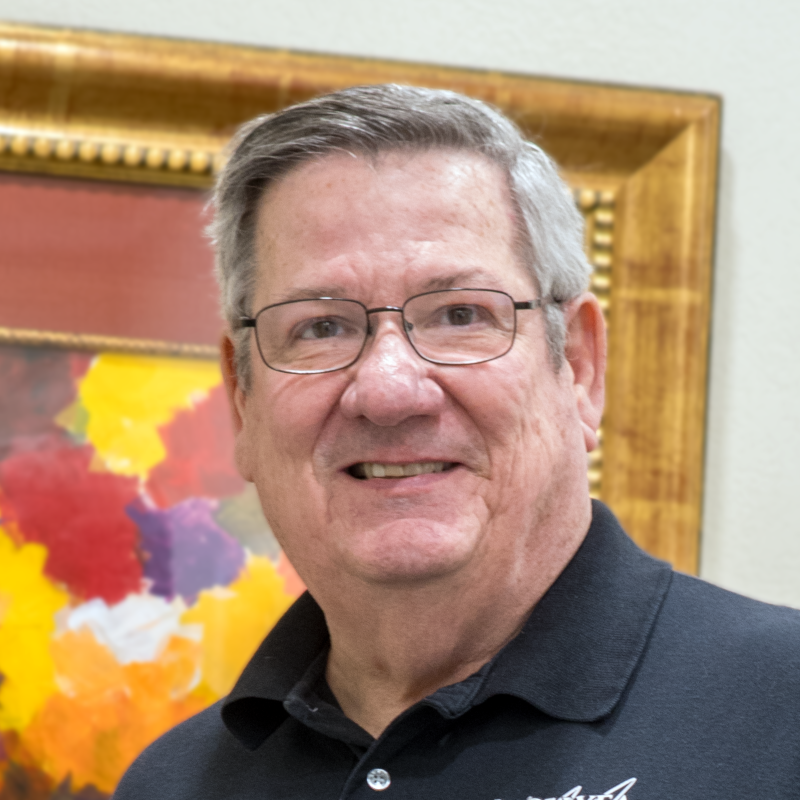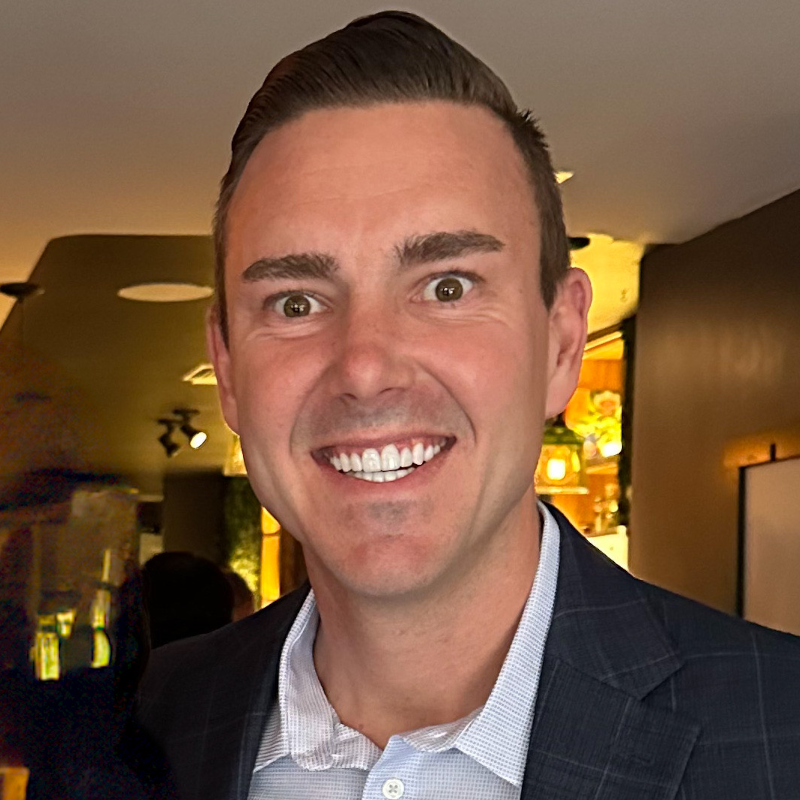Meet BARCO
Barco is more than a fertilizer company — we’re a sustainability-driven operation turning waste into growth. With innovation at our core and transparency at our foundation, we transform organic byproducts into powerful soil solutions that nourish crops, protect ecosystems, and support regenerative agriculture.
Our Mission
To produce high-quality, sustainable fertilizers that serve farmers, gardeners, parks, golf courses, municipalities, and land stewards everywhere. By transforming organic waste into nutrient-rich solutions, we help cultivate healthier soil, stronger plants, and a cleaner planet—no matter the size of the landscape.
Our Vision
To revolutionize agriculture by creating a circular system where nothing is wasted, everything has purpose, and the land is left better than we found it.
Why Us
We don’t just sell fertilizer — we build better soil. Our products are created from responsibly sourced byproducts, rigorously tested, and always aligned with nature. We believe in transparency, traceability, and the power of doing right by farmers, the land, and the future.
Our Team
Get to know Alkaline Hydrolysis
Alkaline hydrolysis is a process by which animal tissues are broken down into their basic building blocks. The BioLiquidator system creates the ideal environment for this process to occur. The equipment uses a combination of system design, water flow, temperature, and alkalinity to accelerate the breakdown of organic materials.
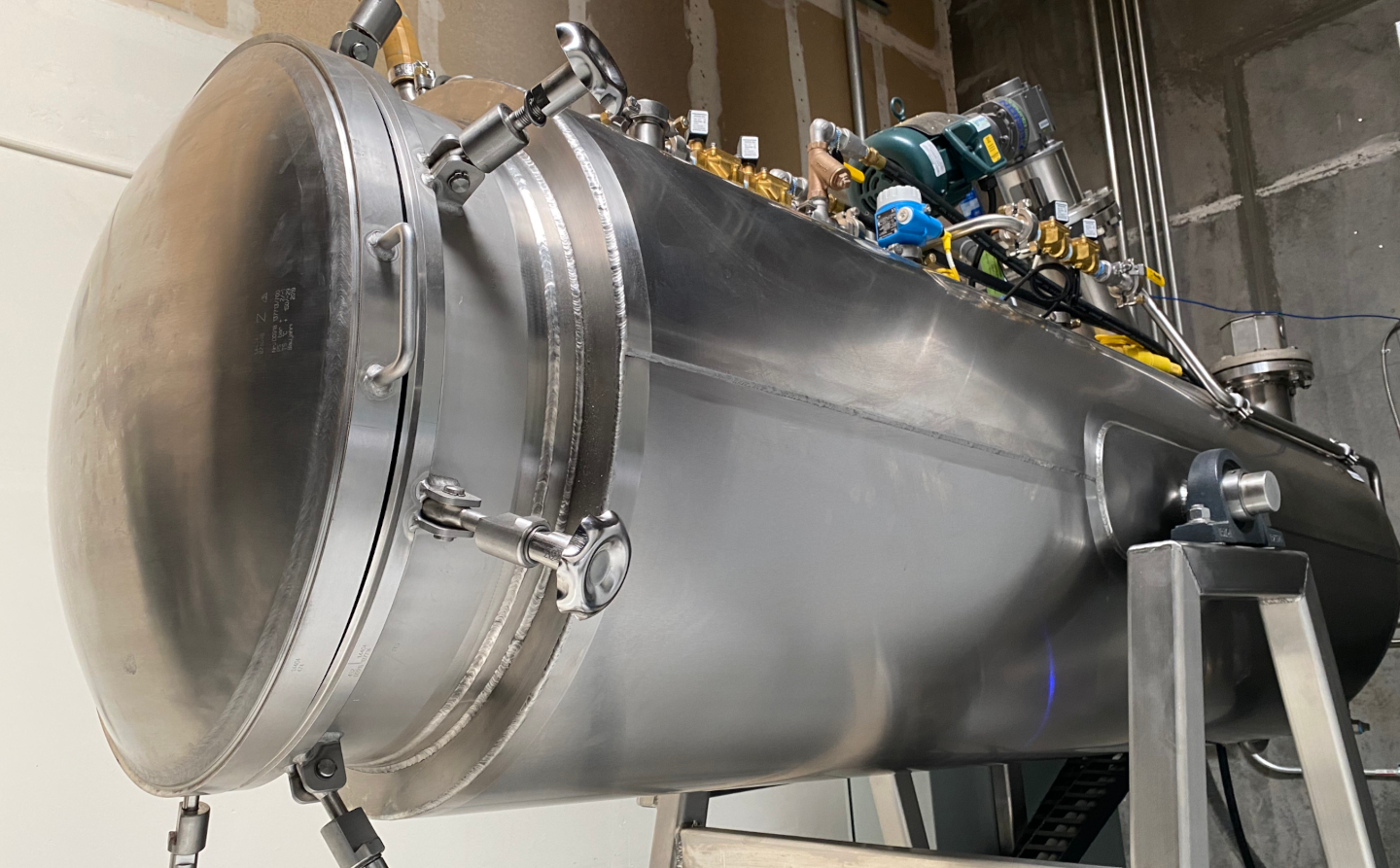
A Sustainable, Eco-Friendly Alternative
Using fertilizer derived from animal aqua cremation:
- Recycles nutrients back into the ecosystem
- Reduces reliance on synthetic fertilizers
- Improves soil health and microbial activity
- Eliminates waste and lowers emissions
- Provides a safe and controlled alternative to burial & incineration
- Legal in 28+ states (as of 2025)
- More eco-friendly than traditional cremation methods
- Produces nutrient-rich effluent for use in soil amendment
- Reduces reliance on fossil fuels
- Minimizes greenhouse gas emissions
- Helps in the sustainable management of animal remains
The liquid byproduct (effluent) from alkaline hydrolysis contains:
- Nitrogen (N) – Supports plant growth and improves soil fertility
- Phosphorus (P) – Essential for root development and plant energy transfer
- Potassium (K) – Strengthens plant resistance to diseases and drought
- Amino acids & organic compounds – Enhance microbial activity in soil
These nutrients mimic natural decomposition while offering a controlled and safe alternative to synthetic fertilizers.
By using aqua cremation effluent as fertilizer, we can:
- Reduce dependence on synthetic fertilizers, which require fossil fuels to produce
- Lower the risk of chemical runoff, which can contaminate water supplies
- Promote sustainable agriculture with a naturally derived soil amendment
- The organic compounds in the effluent feed beneficial microbes, improving soil structure.
- Increased microbial activity enhances carbon sequestration, helping to mitigate climate change.
Unlike chemical fertilizers, which deplete soil biodiversity, natural effluent supports long-term soil health.
Traditional animal disposal methods (such as burial or incineration) create waste and can contaminate groundwater. Aqua cremation:
- Prevents landfill waste by converting remains into usable nutrients
- Avoids methane emissions from decomposing animal carcasses in landfills
- Reduces the need for incineration, which releases CO₂ and toxic pollutants
- Unlike burial, which can leach harmful pathogens into groundwater, alkaline hydrolysis sterilizes the remains.
- Properly applied effluent does not introduce harmful bacteria into soil, making it safer than raw manure.
Some facilities treat the liquid before application to ensure safe nutrient levels for soil and crops.
- Uses 85% less energy than flame-based cremation
- Eliminates methane emissions from decomposing carcasses
- Produces no airborne pollutants such as dioxins or mercury
This makes it a low-carbon alternative for animal disposal.
Our Products!
Learn more about the fertilizer options and services we provide
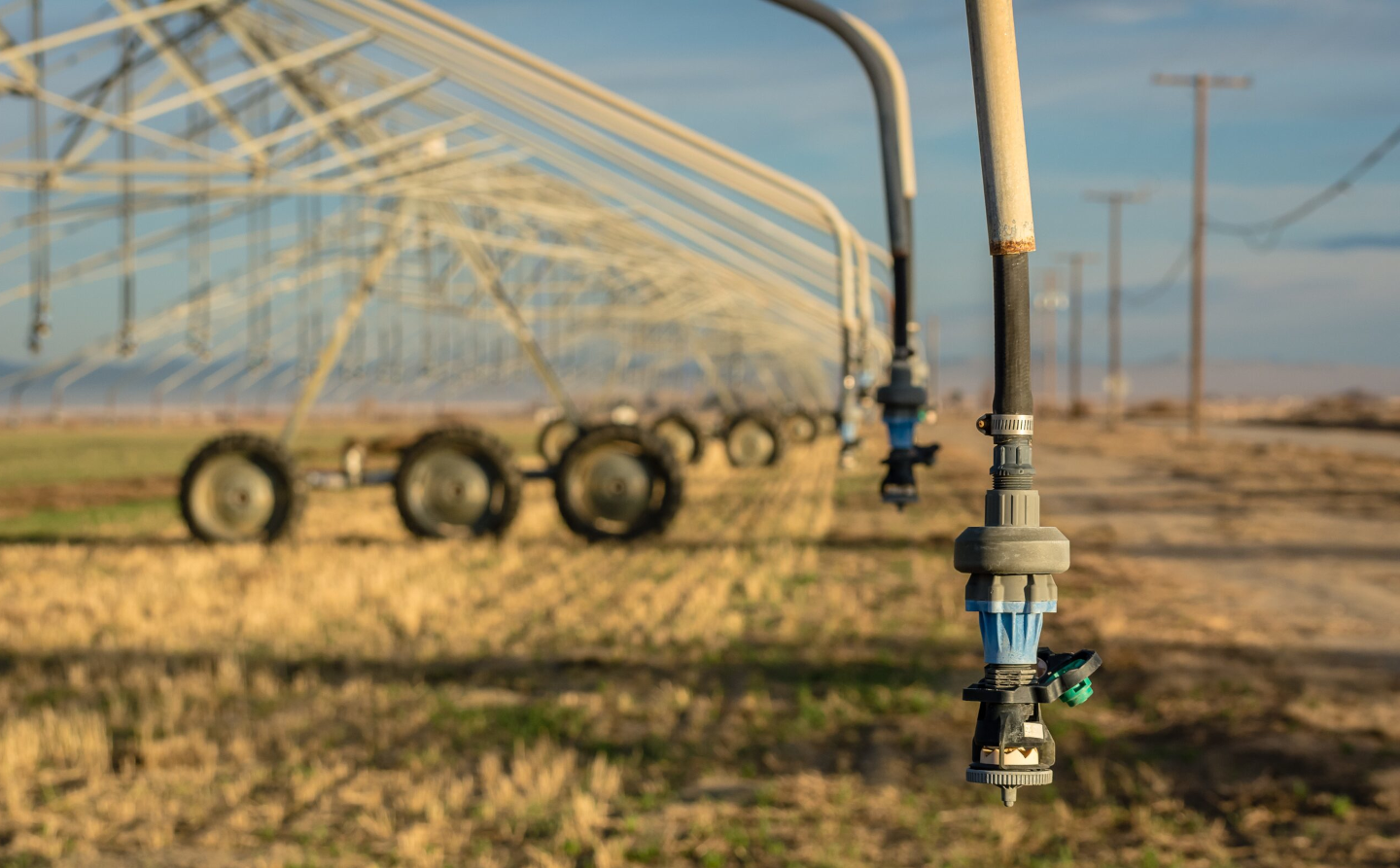
Effluent Biobased Fertilizer
- Bio Alkaline Hydrolysis is a process which will dissolve animal tissue and convert the tissue and water into a sterile, aqueous solution.
- A bio-based fluid is the remaining product that is then used as a fertilizer and soil regenerator. The solution can be directly applied and is the optimal form.
- A solution made of small peptides, amino acids, sugars, and soaps, with a pH of 8.
- The effluent has a very high carbon value which enhances soil performance as a growth medium and absorbs carbon dioxide which benefits our atmosphere and the plants which use it.
Bone Meal
- A solid material will be offered for customers that may be looking for a soil amendment or where soil pH is of concern.
- The solution is mixed with a bone powder and dried. The bone powder is then pelletized to be sold as an alternative to the effluent solution.
- Other benefits are organic matter is maintained in the soil and encourages microbial complexity.
- Lower quantities of leaching-risks can be achieved as the phosphate is harboured in solid form (bone powder)
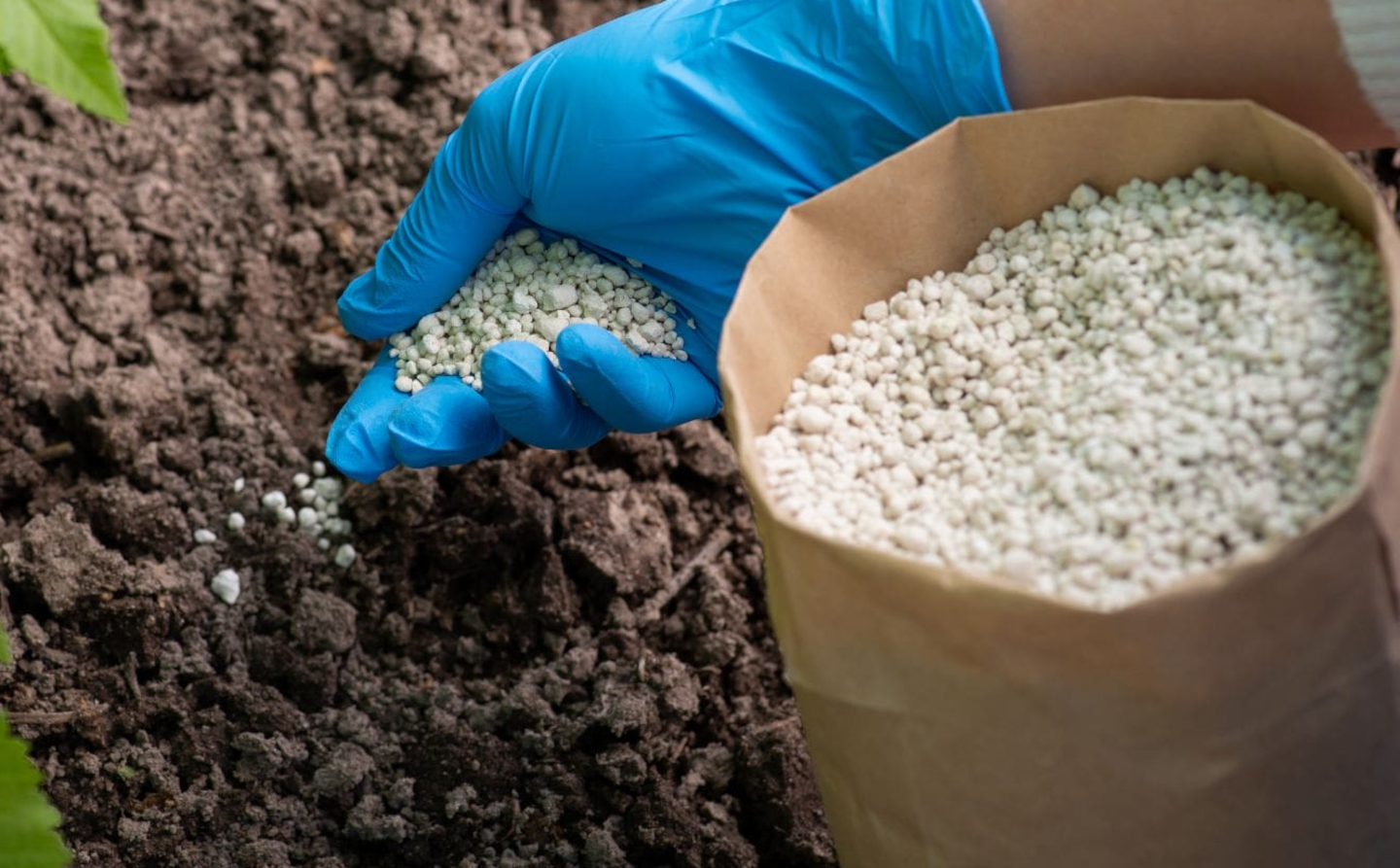
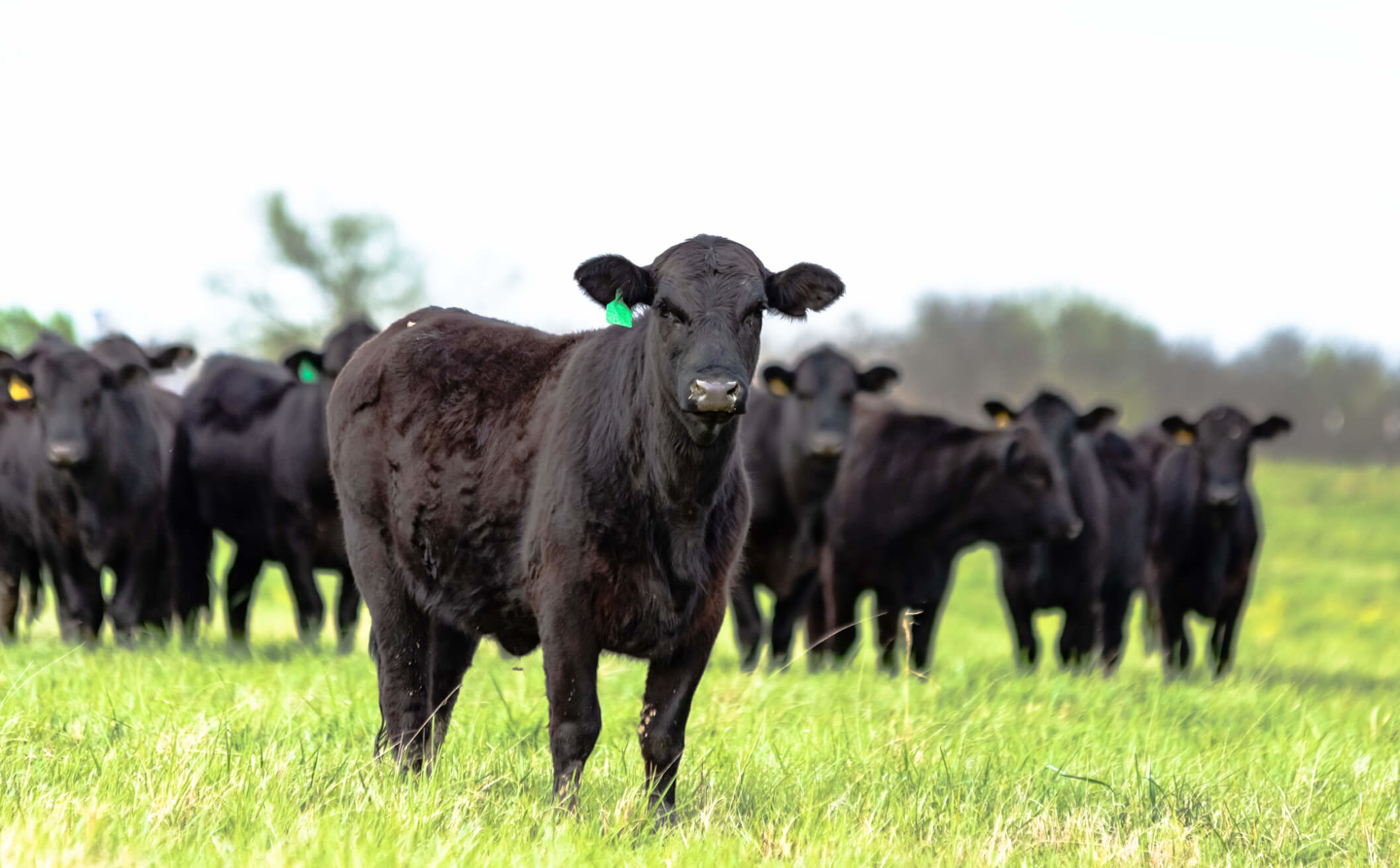
Animal Mortality Management and Recovery
- Offering small and large animal recovery in the state of Oklahoma. Terms for pickup can be negotiated based on mileage and number of barrels to be recovered.
- Pick up is calculated with a minimum service charge of $100 for 25-mile radius. Costs are determined by mileage to facility versus by the pound of animal byproduct.
- Animal product is picked up in large blue barrels which are offered for $45 each. The barrels are washed and cleaned before being returned to customer.

